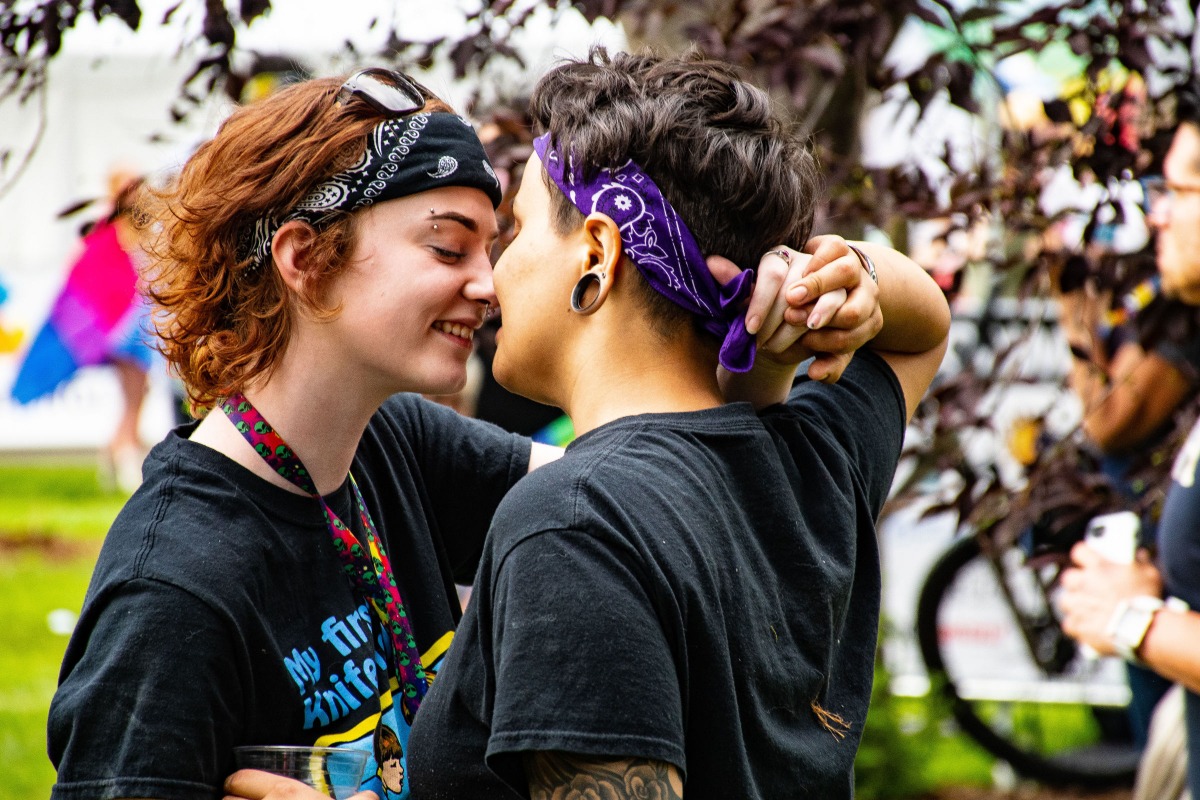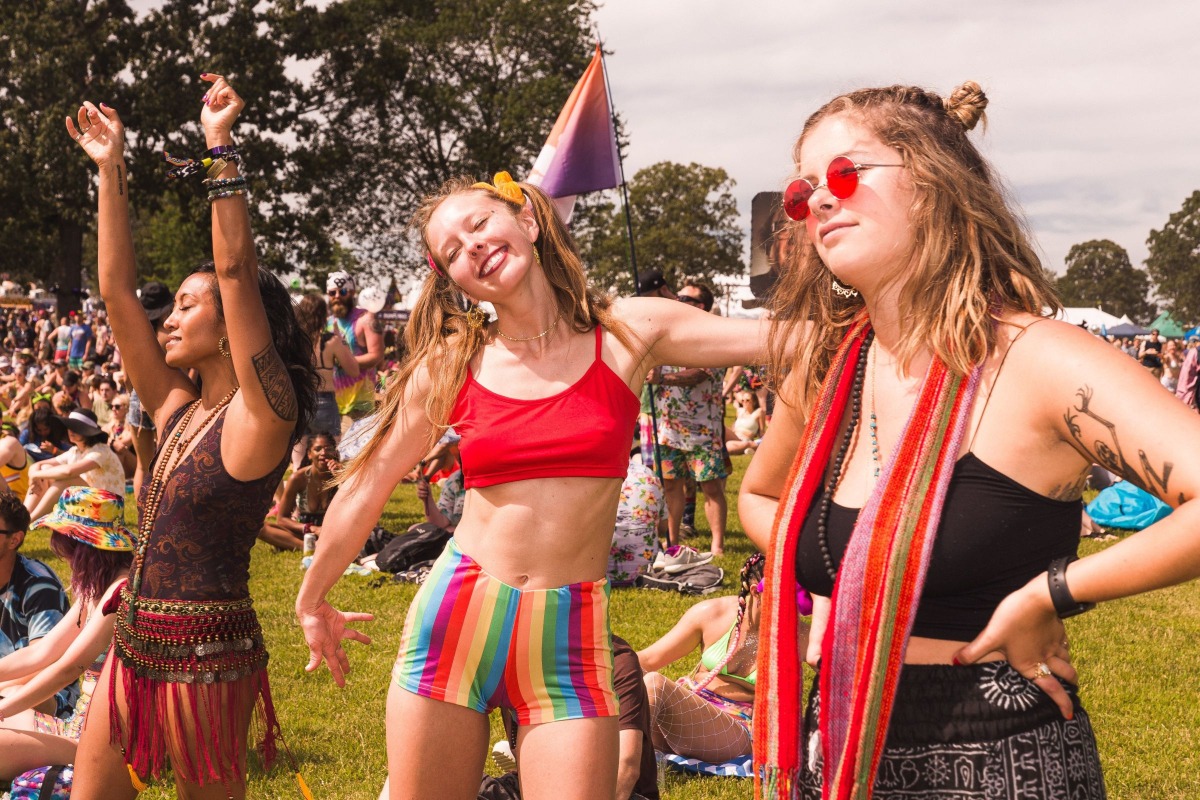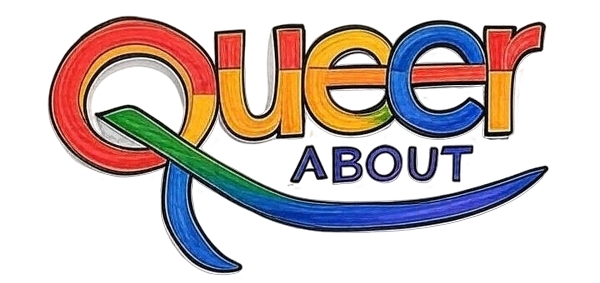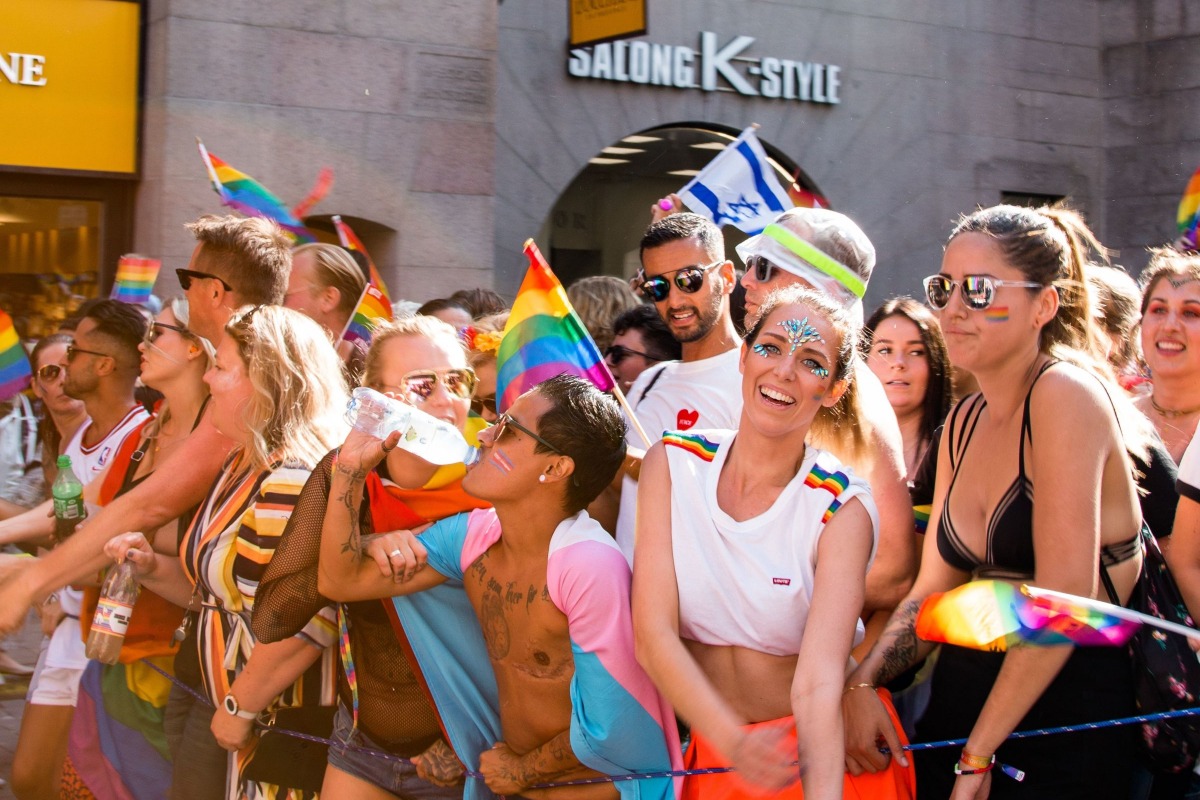‘Q’ can stand for ‘queer’ or ‘questioning’. and sometimes you may see the acronym written as “LGBTQQ” (Lesbian, Gay, Bisexual, Transgender, Queer, Questioning).
Queer means many things. It is an umbrella term for sexual and gender identities that are not heterosexual or cisgender. (lesbian, gay, bi, trans, intersex, pansexual, asexual etc all come under queer umbrella).
People use this term because it’s not specific to sexual orientation or to gender identity but is more of an umbrella term that can include a lot of people. It also works as an umbrella term to include a wide range of identities, sexualities, and preferences. You may be gay and I may be transgender, but we’re both queer.
The word “queer” has history to it that’s hurtful. In the late 1980s it was used as a pejorative term to disrespect LGBT people. For decades, it was used as a slur against the LGBT community because it meant strange, bizarre, and odd. But now many people who are LGBT+ have reclaimed it.

History of word ‘Queer’
The meaning of ‘queer’ has changed a lot over the past few decades. It dates back to the 16th century, and was derived from the German word ‘quer’, which means ‘oblique’ or ‘perverse’.
Originally the word queer mean “odd”, “strange” or “peculiar”. Therefore In the mid-20th century it was used to pejoratively refer to those with same-sex desires, especially gay men. It was used as a slur against gay people. But the word, evolved over time and quickly came to mean something different.
But in the 1970s and 1980s with the rise of LGBTQ+ activism, some gay rights activist positively reclaimed the word “queer” as an umbrella term for sexual and gender identities that are not heterosexual or cisgender.
Activists in the gay community started calling themselves “queer” in a prideful way.

Taking back the word ‘Queer’
The word “queer” remains controversial, Some still do find the term disrespectful, because it was used as a slur against lgbtq community. In the 1960s onwards, people used the word ‘queer’ as a weapon, usually saying it when attacking or trying to humiliate LGBT+ people.
It wasn’t until the 1980s when activists began to reclaim it, writing it on their banners and flags when they marched down the street. and proudly reclaiming the anti-gay slur and use it in a positive light.
The thinking behind it is that you can’t be hurt by words that you use to describe yourself. It is a powerful tool against other people’s hate and bullying. For example If someone calls you a ‘gay’ you reply and say “I am, so what?” it takes away that person’s power to bully you.
Today, it is widely used by many people as an inclusive term to refer to anyone who is not straight or not cisgender. But, for some people, particularly older generations, “queer” still carries a bad feeling.
We have no right to label someone’s sexuality. So don’t call someone “queer” unless you know they’re cool with it. The best thing to do is ask what labels people prefer. And because of the history of this word, it is very important to double check if someone uses this term before you call someone queer.
- Read Also: What Does Transgender Mean? Gender Identity


[…] Also Read: ‘Q’ in LGBTQ+ mean Queer. But What Does Queer Mean ? […]
[…] Also Read: ‘Q’ in LGBTQ+ mean Queer. But What Does Queer Mean ? […]
[…] RELATED: ‘Q’ in LGBTQ+ mean Queer. But What Does Queer Mean ? […]